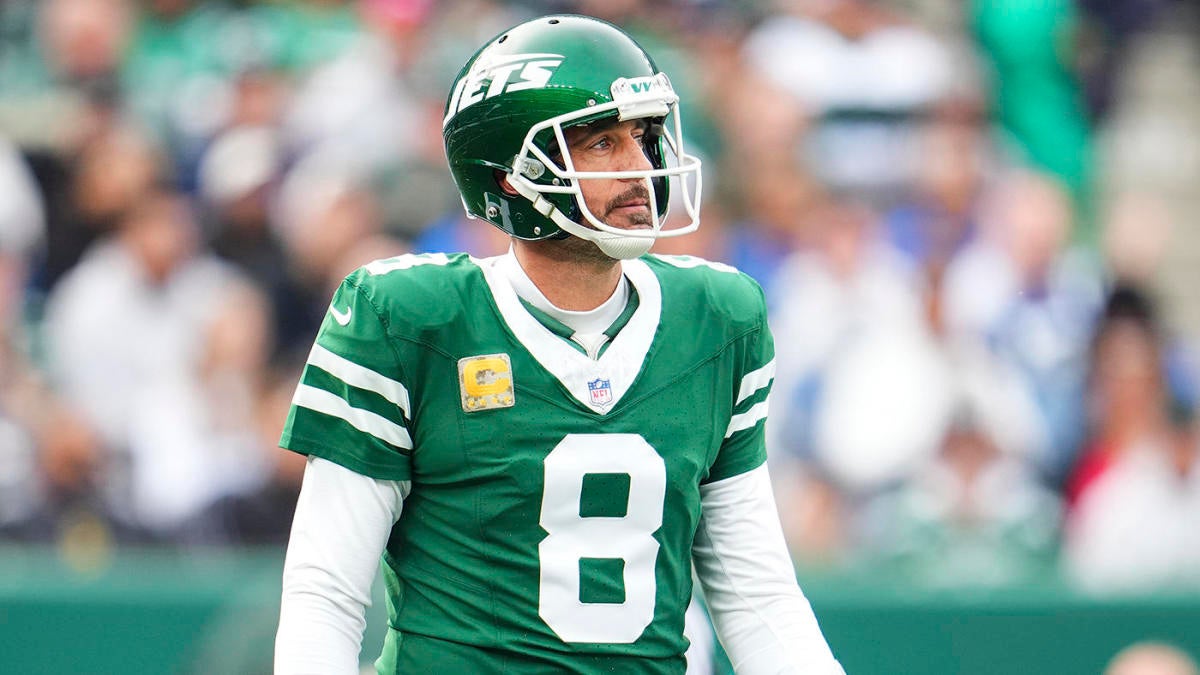Bussiness
A boomer lives on $1,768 monthly Social Security and says she’s a few hundred dollars away from losing access to necessities
Michelle Russell, 70, regularly met her closest friends for “music and margaritas.” It was their tradition: they would order salt-rimmed cocktails, share a meal, and listen to whichever local musician was playing at their favorite restaurant.
But Russell has been receiving fewer and fewer dinner invitations.
“Over this past year, because my money has gotten so tight, those friends don’t call me anymore,” she said. “They know I don’t have the money to go out, and it’s embarrassing for me when they pay for my bill.”
The Huntsville, Alabama resident lives on her $1,768 monthly Social Security checks, according to documents reviewed by Business Insider. Russell doesn’t have any savings and sometimes has to buy groceries and gas with her credit cards. Rent for her small apartment takes up more than half of her monthly income.
After working most of her adult life, Russell didn’t think her retirement would look like this. She isn’t alone.
A fifth of Americans over 50 don’t have adequate retirement savings, and those who do have savings worry they’ll outlive what’s in the bank. Monthly Social Security checks aren’t enough for most baby boomers to live on — many have told BI they struggle to afford housing, food, and healthcare.
These financial challenges are also fueling a loneliness crisis for older adults. On such a tight budget, boomers like Russell don’t have anything left to spend at restaurants with friends or on travel to see family.
“If you make friends, then it’s ‘Well, hey, why don’t we go to lunch?,'” she said. “Without me working, there is no money for that. It goes away, so you become very, very isolated.”
Russell’s tight finances contribute to loneliness
Russell retired from her food service broker job six years ago and began collecting Social Security around that time. Her late husband was a police officer, but they married later in life, so Russell said she doesn’t qualify for his spousal pension benefit.
Over the past few years, Russell used any retirement savings she had to pay unexpected expenses, like medical bills or car repairs.
She has been in and out of part-time jobs — working at a convenience store, Walmart, and local liquor store. The paychecks helped boost her finances and pay for social outings like her “music and margaritas” nights, but Russell said she now struggles to work. It’s increasingly difficult to be hired at her age, she said.
“Because of my age, I do have limitations,” she said. “No, I can’t go in and pick up 50 pounds. I can’t stand on my feet for eight hours at a time.”
Russell lives alone in a 700-square-foot apartment with her dog, Pete. She pays nearly $900 a month, more than half of her Social Security income, making her severely rent-burdened. On top of housing costs, she also has to pay her electricity, cell phone, and insurance bills. She previously lived with her adult son to save money, but moved out last year when he got married. She tries to avoid asking her children for financial help, she said.
In terms of healthcare, Russell said Medicare covers most of the basic doctor’s visits and prescription needs. However, Medicare doesn’t cover emergency or long-term care. She doesn’t know how she would afford a hospital stay if she needed one.
Russell also receives $23 a month in SNAP benefits, but she said it doesn’t go very far at the grocery store. Mostly, she eats toast with butter and whatever is on sale — and she’s often only able to afford one meal a day.
Of course, not all baby boomers live near poverty in retirement. Some have robust savings paired with corporate 401(k) matches, others built wealth through well-placed investments. What’s more, many older adults have strong communities and social circles.
But, right now, Russell feels like she’s a few hundred dollars away from losing access to necessities.
“I can survive as long as nothing unexpected comes along,” she said.
Are you experiencing loneliness because of your finances? Are you open to sharing your story? If so, reach out to allisonkelly@businessinsider.com.









